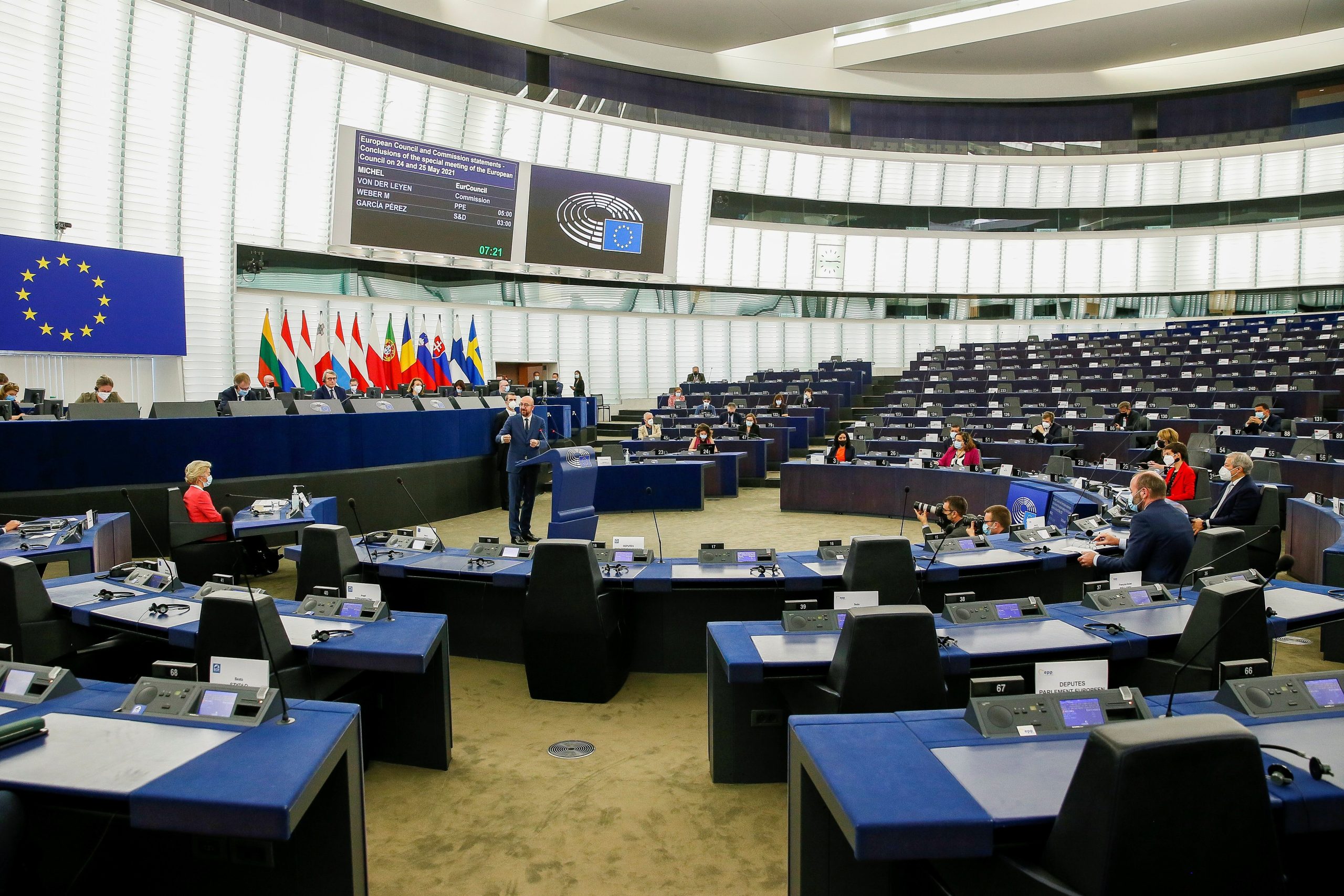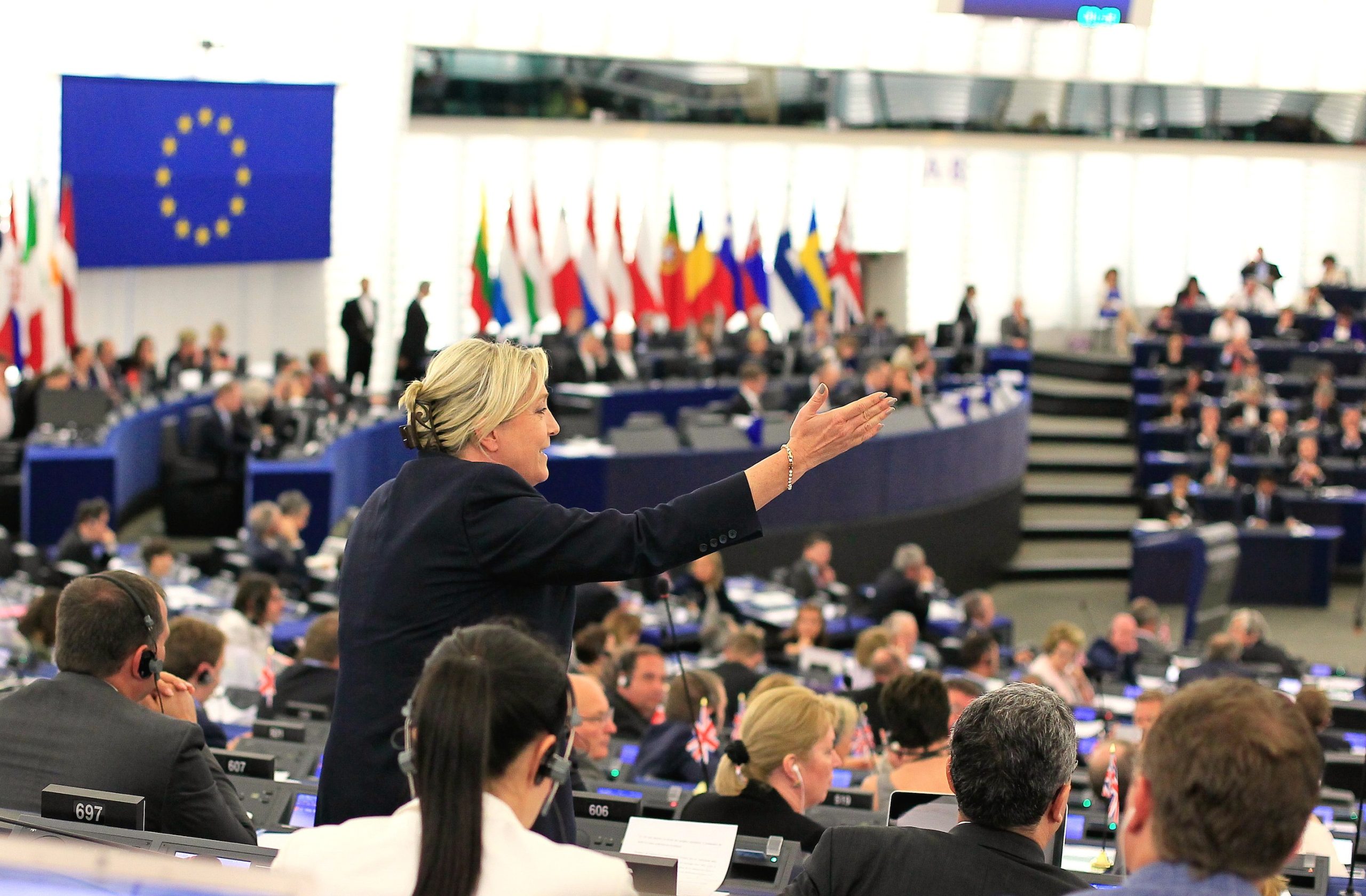European Parliament and the EU Council before it becomes law. Once approved, it will be the first EU-wide legislation specifically targeting products made with forced labor.
The agreement comes amid growing global concern over forced labor, particularly in regions like Xinjiang in China, where reports have detailed the extensive use of forced labor in the production of goods like cotton and solar panels.
The EU has faced criticism in the past for not taking stronger action against forced labor, with some accusing it of being complicit in the exploitation of vulnerable workers.

EU Parliament (Credits: Reuters)
The new agreement is seen as a significant step towards addressing these concerns and sending a clear message that the EU is committed to upholding human rights and ethical standards in its trade practices.
The ban on products made with forced labor is expected to have wide-ranging implications for businesses operating in the EU. They will need to ensure that their supply chains are free from forced labor or risk facing penalties.
The agreement also includes measures to support forced labor victims and assist businesses in identifying and addressing forced labor in their supply chains.
The agreement represents a significant milestone in the EU’s efforts to combat forced labor and promote ethical trade practices.
It sends a strong signal that the EU is committed to ensuring that its single market is free from products made with forced labor and that it will take action against companies that exploit vulnerable workers.























